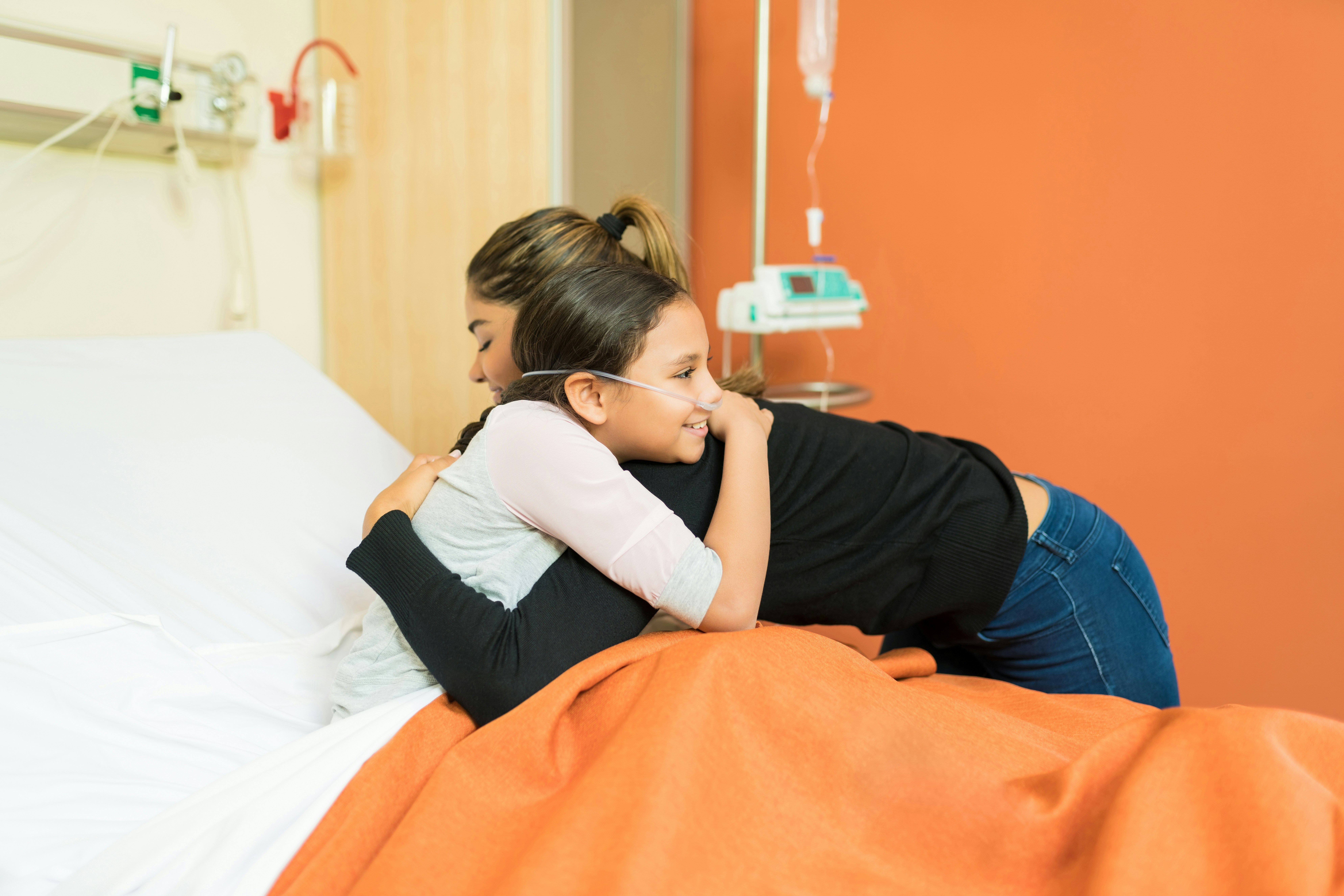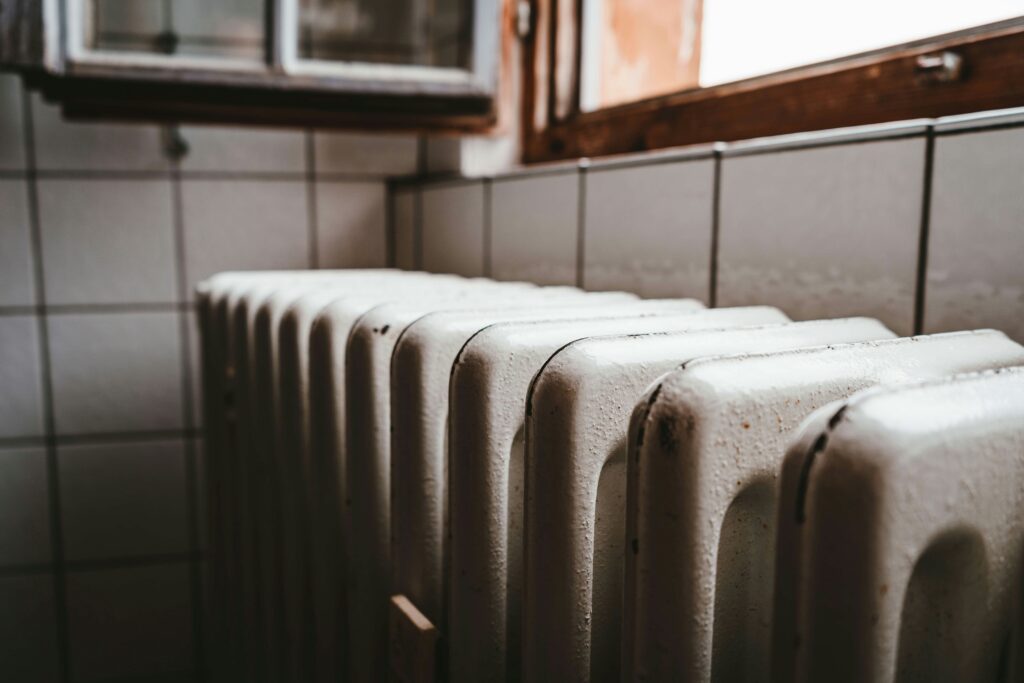Apr 1st, 2025
The Impact of Dangerous Apartment Conditions on Families and Children

A home is supposed to be a safe place where families can thrive. However, when apartment buildings are plagued by unsafe living conditions, the impact on families—especially children—can be devastating. From physical injuries to emotional trauma, dangerous conditions can take a significant toll on a family’s health, stability, and well-being.
In this blog post, we’ll explore the physical and emotional consequences of unsafe apartments for families and children, the types of hazards that often lead to harm, and the legal remedies available to tenants.
The Physical Toll on Families and Children
Unsafe living conditions in apartments can result in a wide range of physical health issues, particularly for children, who are more vulnerable to environmental hazards.
Common Physical Health Issues
- Respiratory Problems:
- Exposure to mold, pests, and poor ventilation can exacerbate asthma and lead to chronic respiratory illnesses.
- Children are particularly susceptible to mold-related issues, as their immune systems are still developing.
- Lead Poisoning:
- Lead-based paint in older apartments poses serious health risks for children, including developmental delays, behavioral problems, and cognitive impairments.
- Even low levels of lead exposure can have long-lasting effects on a child’s growth and learning ability.
- Injuries from Unsafe Conditions:
- Broken stairs, faulty handrails, and uneven flooring can lead to serious falls and fractures.
- Poor lighting in common areas increases the risk of accidents for both children and parents.
- Chronic Illness from Asbestos Exposure:
- Families living in older buildings with deteriorating asbestos-containing materials may face increased risks of respiratory illnesses or even cancer.
- Children exposed to asbestos are at a higher risk of developing long-term health issues due to prolonged exposure during critical growth years.
The Emotional and Psychological Impact
Living in unsafe conditions doesn’t only affect physical health—it also takes a significant emotional toll on families, particularly children.
How Dangerous Conditions Affect Emotional Well-Being
- Stress and Anxiety:
- Parents may feel constant stress over their inability to provide a safe environment for their children.
- Children can sense this stress, leading to anxiety and feelings of insecurity.
- Trauma from Injuries:
- A child injured in a fall or other preventable accident may develop a fear of similar situations, leading to long-term psychological effects.
- Academic Challenges:
- Children dealing with health issues, such as asthma or lead poisoning, may struggle to concentrate in school, leading to academic setbacks.
- Emotional stress from unsafe living conditions can also contribute to poor school performance.
- Social Isolation:
- Families may avoid inviting others into their home out of embarrassment or fear of exposing guests to unsafe conditions, leading to isolation and a reduced support network.
Types of Unsafe Conditions That Impact Families
Dangerous apartment conditions can stem from a variety of landlord failures. Below are some of the most common hazards that disproportionately affect families and children:
Pest Infestations
Lack of Heating or Cooling
Water Intrusions and Mold Growth
Security Failures
The Role of Landlords in Ensuring Safe Living Conditions
Legal Remedies for Families Affected by Unsafe Living Conditions
Compensation You May Be Entitled To:
- Medical Expenses: Coverage for treatments, medications, and ongoing care for illnesses or injuries caused by unsafe conditions.
- Relocation Costs: Reimbursement for the cost of moving your family to a safer environment.
- Pain and Suffering: Compensation for emotional distress caused by the hazardous conditions.
- Lost Wages: If a parent had to miss work to care for an injured or sick child, these lost wages may be recoverable.
Dangerous apartment conditions can have a profound impact on families and children, affecting their physical health, emotional well-being, and overall quality of life. Landlords have a responsibility to maintain safe and habitable properties, and tenants have the right to seek justice when these responsibilities are neglected.
If your family has been affected by unsafe living conditions, Shakhnis Law is here to help. Our experienced attorneys specialize in tenant rights and are dedicated to holding negligent landlords accountable.
Contact us today for a free consultation to discuss your case. Your family’s safety and well-being are our priority, and we’ll fight to ensure you receive the justice and compensation you deserve.
